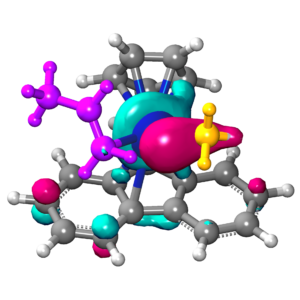The new release of MAPS 4.5 natively enables researchers to run virtual experimentations on a product’s digital twin and establish design rules utilizing the relationship between its performance and and its chemical composition. MAPS 4.5 can be used to study and improve all types of materials and products, including catalysts, nanocomposites, polymeric systems, pharmaceuticals, alloys and many more from the atomistic and mesoscopic scales up to the macroscopic within a common environment. Combining individual tasks into virtual experiments and workflows can enable the designer to work efficiently and concentrate on the scientific and product related issues at hand and result in massive time savings. In MAPS 4.5 such virtual experiments can be automatically created and executed efficiently. Moreover, several Machine Learning models have been integrated into MAPS to enable fast and reliable property prediction.
SCIENOMICS is using the opportunity of this new release of MAPS to present scenarios, where Materials Simulations have been used in virtual experiments to design products with excellent performance respecting environmental responsibility.
Anyone interested in sustainable product development and virtual experimentation will benefit from this free webinar and Q&A session. We will be pleased to have you with us!
The examples presented will demonstrate how to translate a real-life problem into a simulation workflow applied on the digital twin of the product of interest. In particular:
- Automatically calculate adsorption isotherms of hazardous gases in porous media
- Assist the design of environmentally friendly catalysts
- Create biodegradable packaging materials

Ziegler-Natta catalyst for selective polyolefin synthesis
Register to our webinar
